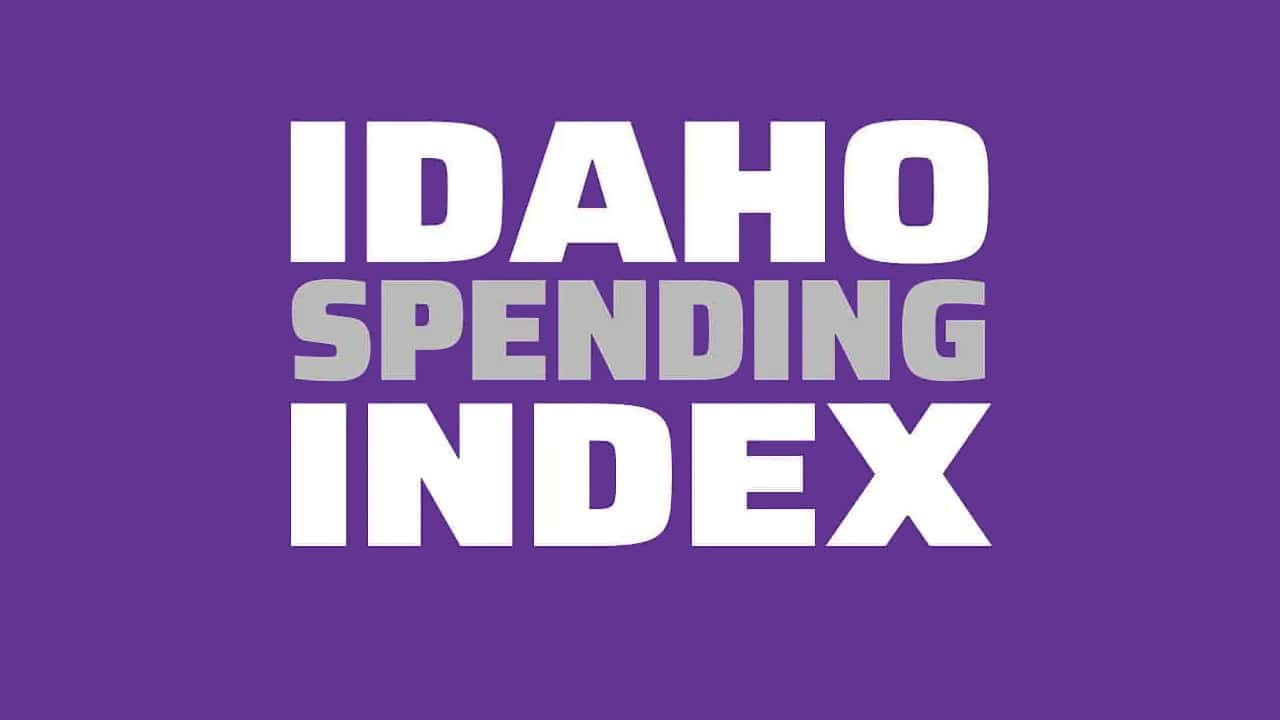


The Idaho Spending Index serves to provide a fiscally conservative perspective on state budgeting while providing an unbiased measurement of how Idaho lawmakers apply these values to their voting behavior on appropriations bills. Each bill is analyzed within the context of the metrics below. They receive one (+1) point for each metric that is satisfied by freedom-focused policymaking and lose one (-1) point for each instance in which the inverse is true. The sum of these points composes the score for the bill.
Rating: (-1)
Bill Description: House Bill 451 is an enhancement of $504,900 for the Educational Services for the Deaf and Blind for fiscal year 2026. This legislation appropriates a total of $16,800,500 to the agency.
Is the continuation or growth in ongoing spending, if any, inappropriate for the changes in circumstances, scope of the agency, or current economic environment? Conversely, is the continuation or growth in ongoing spending appropriate given any change in circumstances or economic pressures?
This legislation funds ongoing spending for the Educational Services for the Deaf and Blind at $16,787,600, growing from the base by over 42% in the last three years. This rate is faster than what would be prescribed by inflationary pressures and growth.
Because of the accelerated growth in this budget the last three years, a truly fiscally responsible enhancement budget for FY2026 would reverse the growth with a negative appropriation — a reduction to the base budget.
(-1)
Does the budget grow government through the addition of new permanent FTPs or through funding unlegislated efforts to create new or expanded entitlement programs? Conversely, does this budget reduce the size of government staff and programs except where compelled by new legislation?
The IESDB is not subject to the FTP limits of normal government agencies. This is because it is treated like any other public school.
While this budget does not add any FTPs — since the IESDB is not subject to those caps on positions — it does add two new positions to the agency at a total cost of about $297,000. These add a region 4 consulting teacher and an early childhood outreach administrator.
(0)


